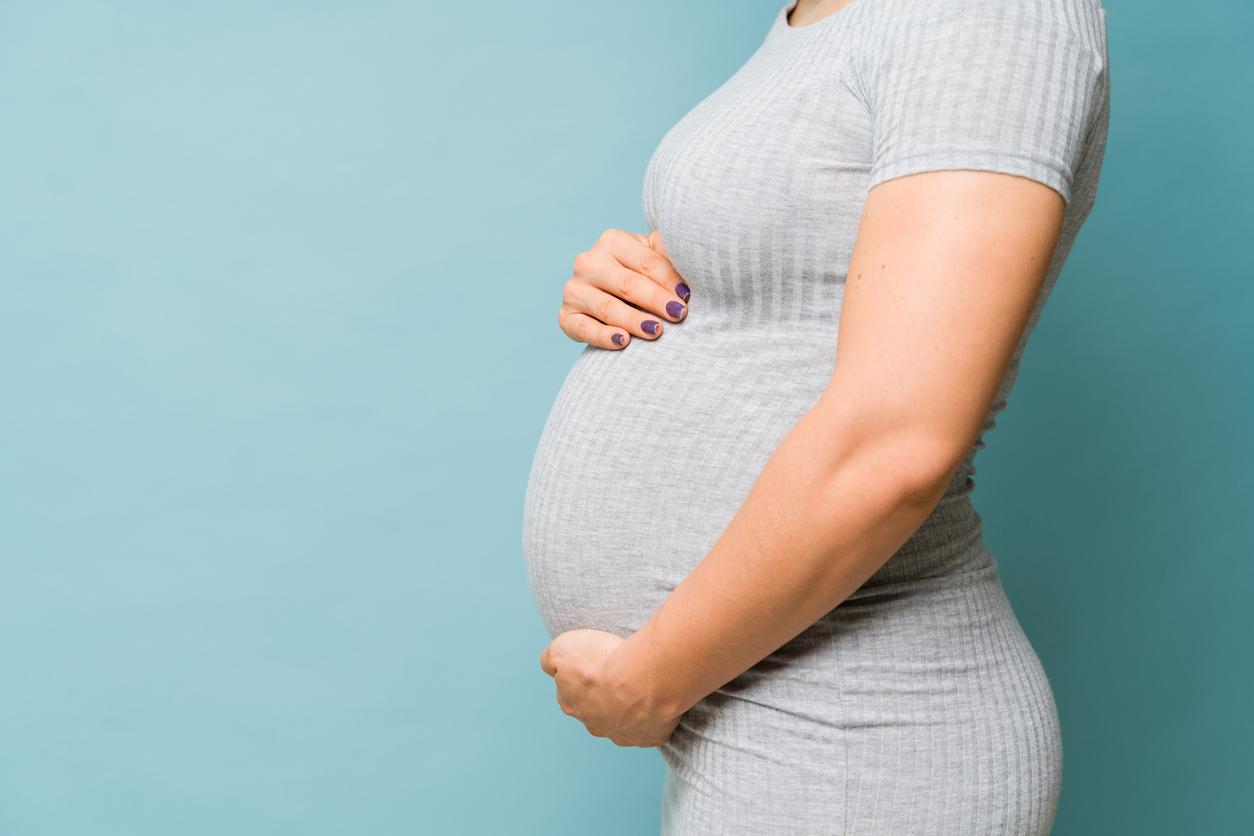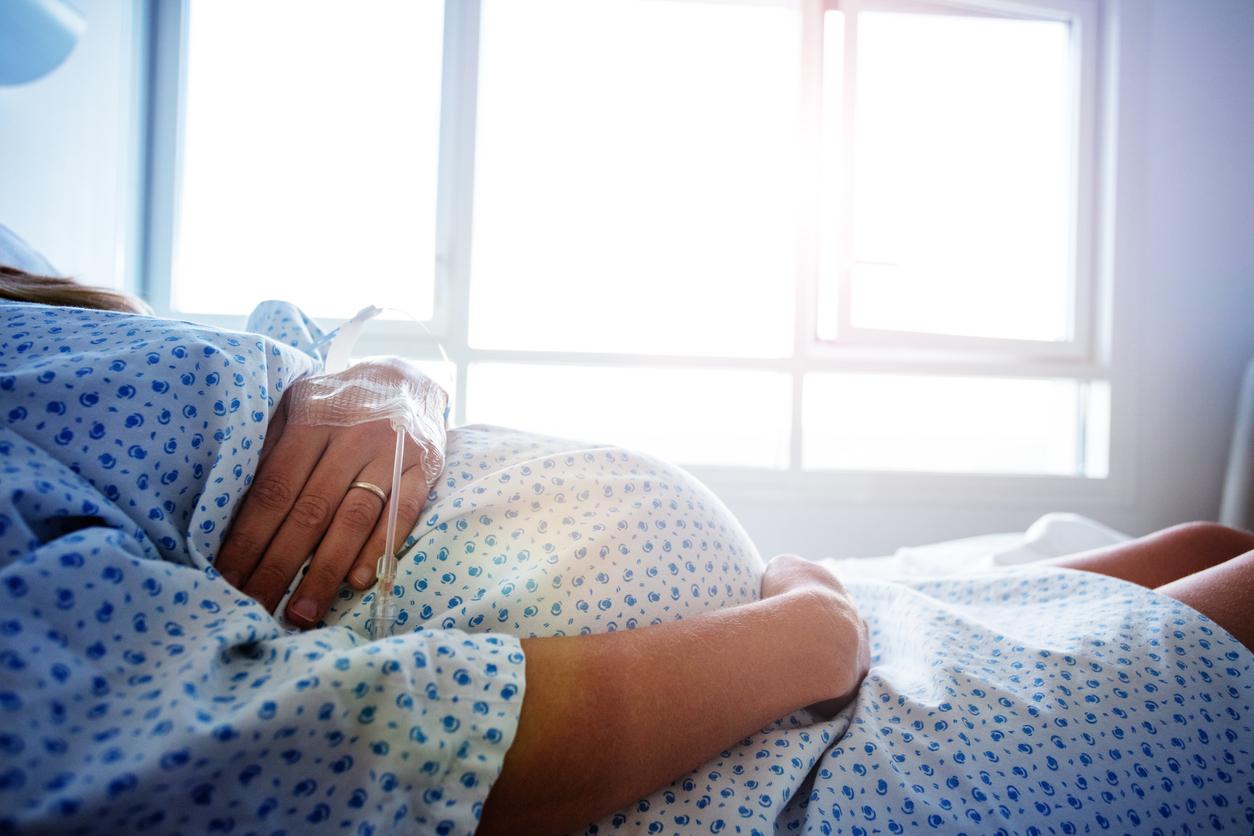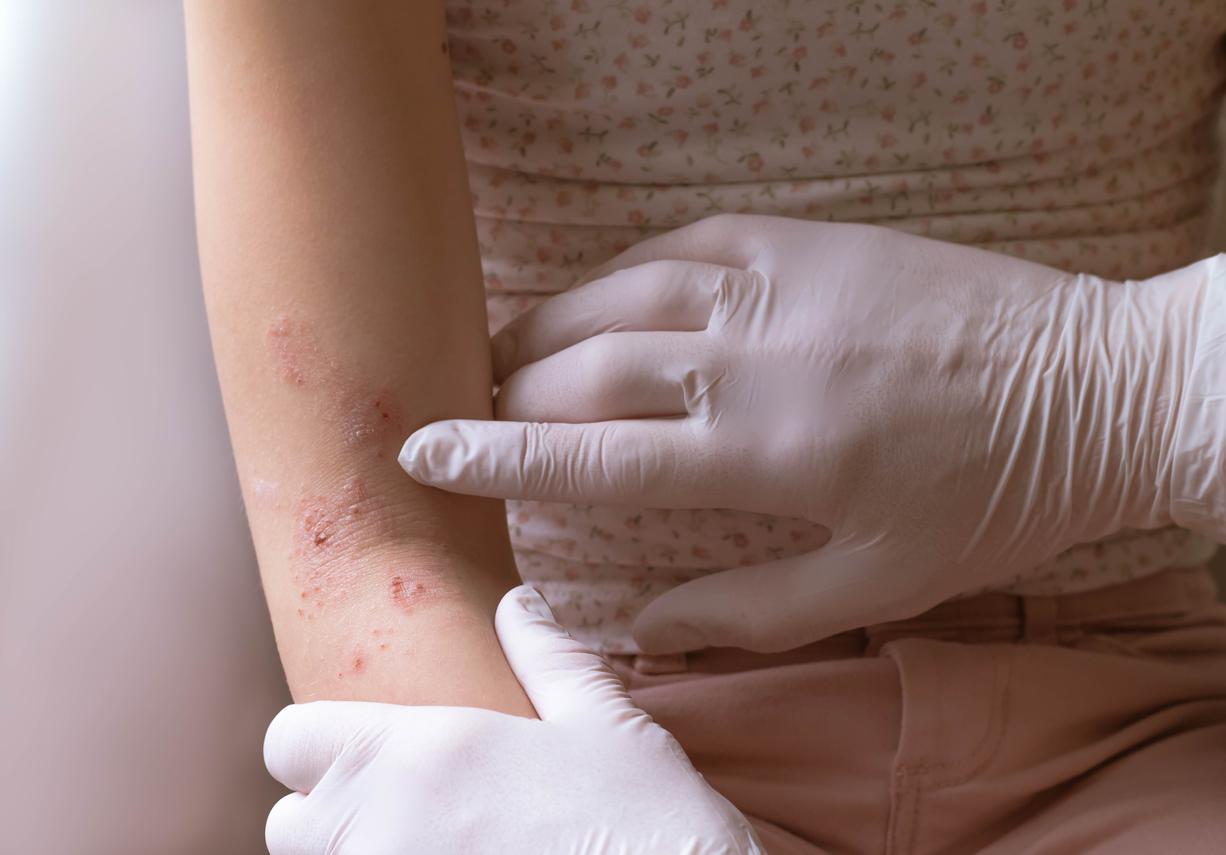Taking probiotics during pregnancy may reduce the harmful effects of prenatal stress on both mother and baby, a new study suggests.

- Prenatal stress leads to alterations in the microbiome, neuroinflammation and behavioral disorders in mothers and children.
- A new study in mice shows that consuming the probiotic Bifidobacterium dentium during pregnancy helps combat prenatal stress and its harmful effects on the mother and her offspring.
- The probiotic helps improve the metabolism of an amino acid, called tryptophan, which limits inflammation.
If you find yourself craving yogurt, kimchi, or sauerkraut during your pregnancy, don’t hesitate. It could be a good thing for both your unborn child and you to have these probiotic-rich fermented foods on your plate.
A new study from Ohio State University in mice finds that probiotics can counteract the adverse effects of prenatal stress on the health and behavior of mothers and their pups.
Probiotic fights effects of prenatal stress
Prenatal stress has a significant impact on the health of the mother but also on the babies by causing lasting effects, including alterations of the microbiome, neuroinflammation and behavioral disorders. Among other things, it disrupts the metabolic pathways of tryptophan, an amino acid known to help control stress-related brain inflammation and fetal brain development.
The team suggested that the effects of this disorder could be counteracted by the probiotic. Bifidobacterium dentium. Previous work has linked it to reduced maternal stress and better neurodevelopment for babies. To test this hypothesis, the researchers gave the probiotic to pregnant mice. They found that it changes the way the body processes certain amino acids, especially boosting the metabolism of tryptophan. This reduces the impact of stress on both the mother and the fetus.
“We have strong evidence that this specific probiotic helped reduce stress-related problems in mothers and their offspring, including helping babies gain weight and improve their social behavior.”explains the study’s lead author Dr Tamar Gur in a press release.
For example, increased sociability was observed in adult males compared to those whose mothers had not had Bifidobacterium dentium during pregnancy. Females, on the other hand, had a higher propensity to spend time with unfamiliar mice. A reduction in abnormal microbiomes was also recorded in these offspring.
Prenatal stress: understanding its links with the gut microbiome
For scientists, their work, published in the journal Brain, Behavior, and Immunity, improve the “understanding how gut microbes and probiotics can influence amino acid metabolism and help address behavioral and immune problems related to prenatal stress.”
“Now we aim to understand the mechanisms behind these changes and explore ways to prevent or treat these effects.”adds Tamar Gur. “Because prenatal stress is common in many pregnancies, we want to develop methods to reduce its negative effects.”
















